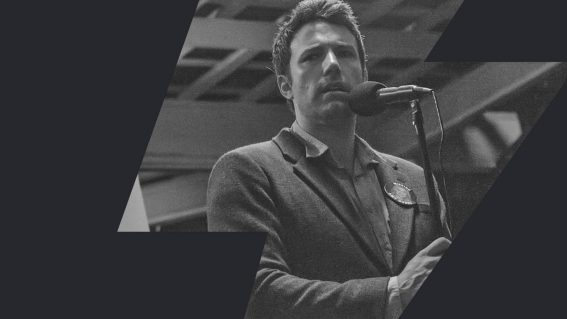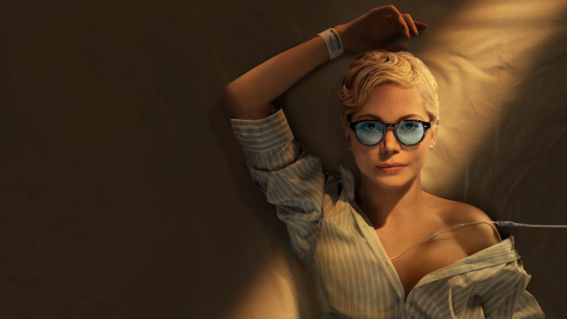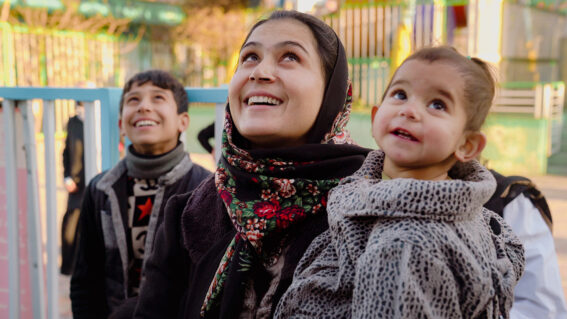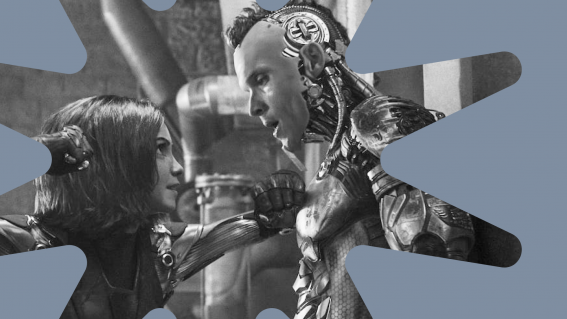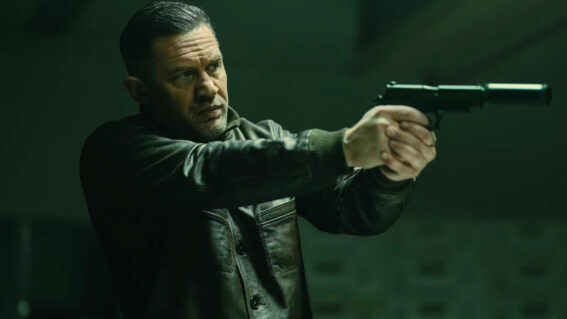Breaking free: how Thelma & Louise redefined the road movie
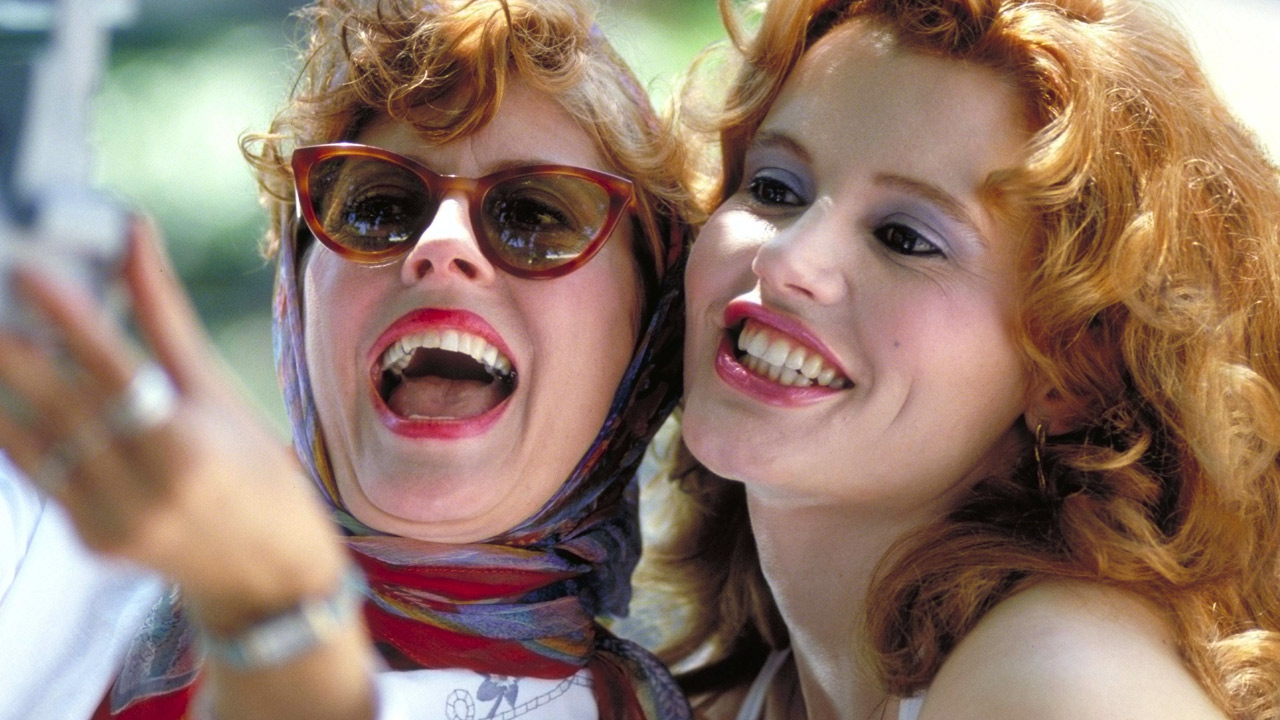
More than three decades after its release, Ridley Scott’s roaring feministic road trip Thelma & Louise has lost none of its bite. Luke Buckmaster revisits this amazing movie—in particular (spoiler alert) it’s very famous ending.
Is this not the greatest movie ever made about driving off a cliff? And not just driving but really putting your foot down and fanging it. Old mates Thelma (Geena Davis) and Louise (Susan Sarandon) don’t accidentally sail off the Grand Canyon in the iconic—nay, beyond iconic—finale to Ridley Scott’s classic 1991 road movie. They of course knew exactly what they were doing, choosing oblivion over society’s shackles, extending a middle finger to the patriarchy while exiting the mortal coil to go elsewhere—the bad place maybe, the good place maybe—experiencing en route a tantalizingly brief taste of true freedom.
“I feel awake, wide awake…everything looks different,” ’ Thelma says in the lead up to their spectacular kamikaze, the Arkansas babes having very much taken the red pill, feeling post-simulation wind in their hair for the first time.
People who’ve never seen this film before, and somehow not heard of the ending, might wonder, as they see the eponymous fugitives face the edge of the grand canyon, cop cars behind them, nowhere to go, how they can make it out. And of course they can’t. Thelma suggests they “keep going” and Susan Sarandon’s Louise, the more decisive of the pair—the agent of chaos—is happy to oblige, sending the car forward.
Earlier, during a phone call with Harvey Keitel’s Detective Hal Slocumb—the cop determined to bring them in—Louise informs him tthat heir situation is “weird, (like) we got some kind of snowball effect happening.” This line is more than a description of the characters’ circumstances; it summarises the thrust of in-over-your-head crime dramas. One event triggers another, then another, then another, with indeed a snowballing effect: stakes increasing, momentum gathering, thresholds crossed.
One of the amazing things about this very famous ending is that it feels more triumphant than tragic. Mulling this film over, I wondered whether to describe it as an exploration of the difference between pursuing destiny and suffering fate. But…what kind of destiny is that—to sail off a cliff and die? For a better way to distil the essence of it, maybe we should borrow lyrics from Kris Kristofferson: “freedom’s just another word for nothing left to lose.”
You don’t doubt for a moment the authenticity of these characters, who are perfectly played by Davis and Sarandon. They’re free spirits trapped inside a patriarchal society, dreaming of something better, some place else—a life better travelled, a life less domestic. The film doesn’t need to apply a highlighter pen to any of these things: they clear and present, plain as the nose on your face.
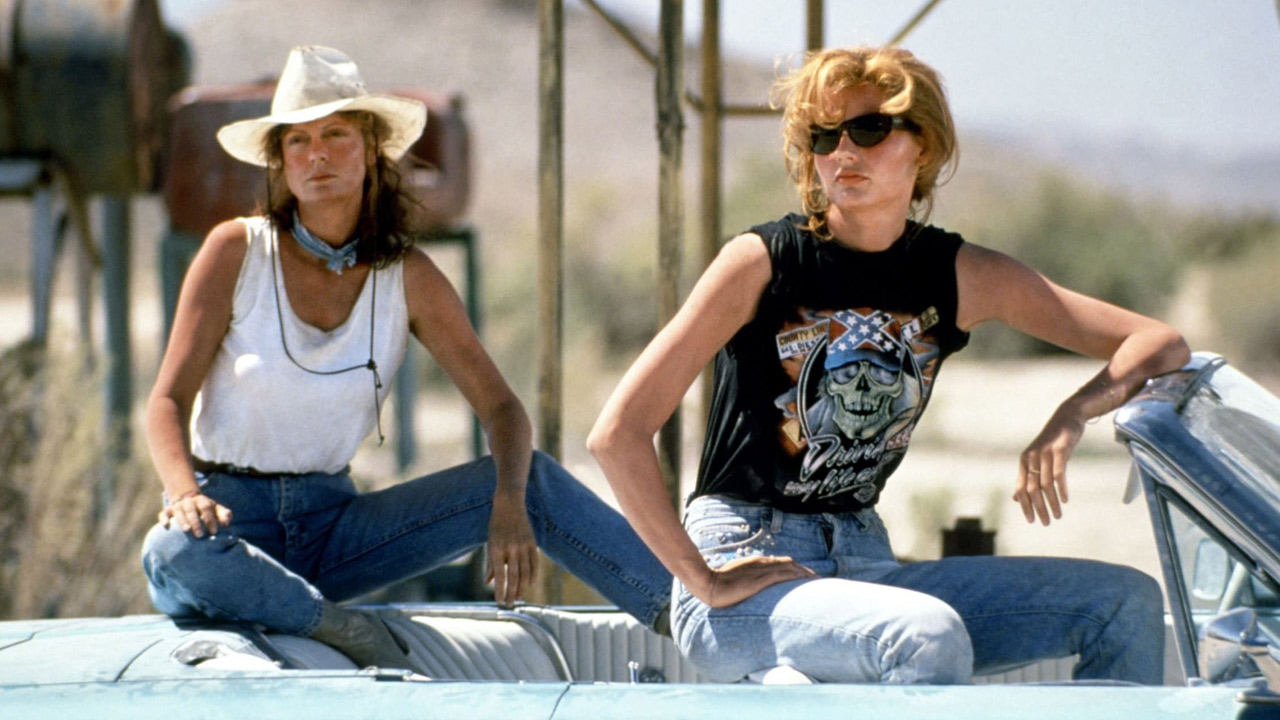
Callie Khour’s screenplay is peppered with dialogue that underscores the film’s feminist credentials, sometimes subtly, sometimes with fist-pumping force, always germane to the characters and circumstances. Small lines pop: for instance when Louise tells Thelma “you’ve always been crazy. This is just the first chance you’ve had to really express yourself.”
Rewatching Thelma & Louise for the first time in many years, and totally swept away by its propulsive plotline and terrific, rough-hewn performances, I wondered, deep into the runtime, when Thelma and Louise sealed their fates; what marked the point of no return. You could argue it was the first act’s violent McGuffin, when Thelma is sexually assaulted and Louise shoots the rapist dead. But there’s still hope for them at this point, still a chance.
Maybe the point of no return was when Thelma—sweet, naive, pleasant, housewife Thelma—breaks bad, robbing a supermarket, ramping up her own outlaw status, ensuring they’re both on borrowed time. One thing leads to another, as they say, and when they pull a gun on a cop, then force him into the boot of his car, well the whole film has caught on fire, Scott ending a long period of almost-eruption and letting the flames roar. What an ending. What a film.







